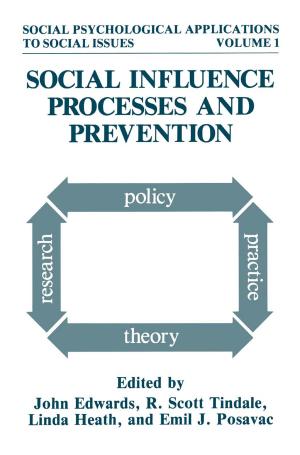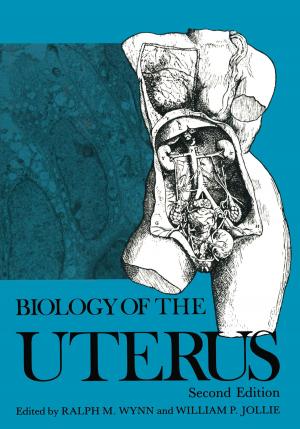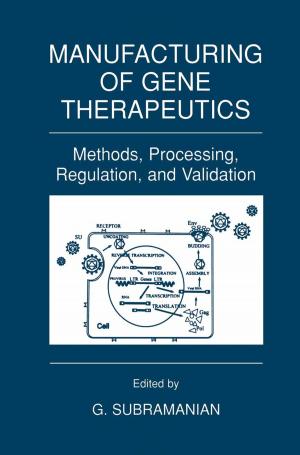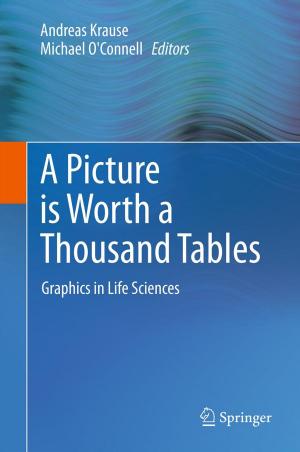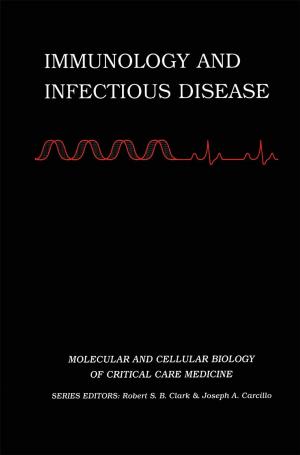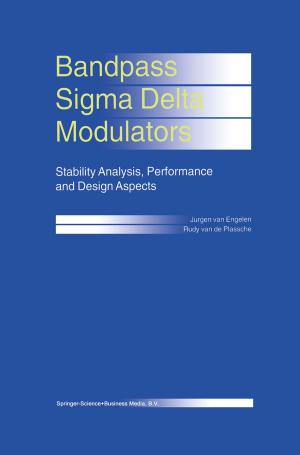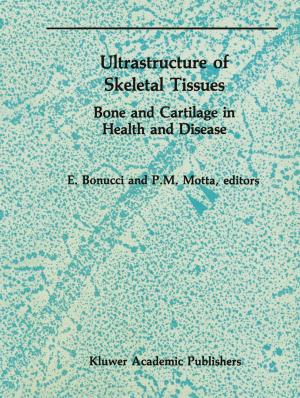Cardiovascular Disease in the Elderly
Nonfiction, Health & Well Being, Medical, Specialties, Internal Medicine, Cardiology| Author: | Franz H. Messerli | ISBN: | 9781468499254 |
| Publisher: | Springer US | Publication: | December 1, 2013 |
| Imprint: | Springer | Language: | English |
| Author: | Franz H. Messerli |
| ISBN: | 9781468499254 |
| Publisher: | Springer US |
| Publication: | December 1, 2013 |
| Imprint: | Springer |
| Language: | English |
By the time a man gets well into his seventies, his continued existence is a mere miracle. -Robert Louis Stevenson It hardly seems possible that a second edition is needed after the first has been in print for only three years. However, when I reflect on what has happened in geriatric cardiology during that short period, it becomes obvious why. First, cardiologists all over the globe have begun to realize that geriatric cardiology has evolved into a science and a clinical discipline of its own. Although some of us may consider such subspecialization unfortunate, it has become clear that a variety of cardiac disorders present with different symptoms and signs, require a different diagnostic and therapeutic approach, and have a different prognostic outlook in the elderly when compared to middle-aged patients. Since the aging segment of the population has increased dramatically over the past few decades, and continues to do so, specific age-related disorders are more frequently encountered by the practicing physician, be it by the general practitioner, by the internist, or by a cardiologist. Cardiovascular Disease in the Elderly provides an up-to-date guide to help the physician deal with these problems, leading the way in what turns out to be an increasingly complex area. Second, I have been heartened by the warm reception of the first edition and by the excellent reviews that it got in the most prestigious medical journals.
By the time a man gets well into his seventies, his continued existence is a mere miracle. -Robert Louis Stevenson It hardly seems possible that a second edition is needed after the first has been in print for only three years. However, when I reflect on what has happened in geriatric cardiology during that short period, it becomes obvious why. First, cardiologists all over the globe have begun to realize that geriatric cardiology has evolved into a science and a clinical discipline of its own. Although some of us may consider such subspecialization unfortunate, it has become clear that a variety of cardiac disorders present with different symptoms and signs, require a different diagnostic and therapeutic approach, and have a different prognostic outlook in the elderly when compared to middle-aged patients. Since the aging segment of the population has increased dramatically over the past few decades, and continues to do so, specific age-related disorders are more frequently encountered by the practicing physician, be it by the general practitioner, by the internist, or by a cardiologist. Cardiovascular Disease in the Elderly provides an up-to-date guide to help the physician deal with these problems, leading the way in what turns out to be an increasingly complex area. Second, I have been heartened by the warm reception of the first edition and by the excellent reviews that it got in the most prestigious medical journals.

